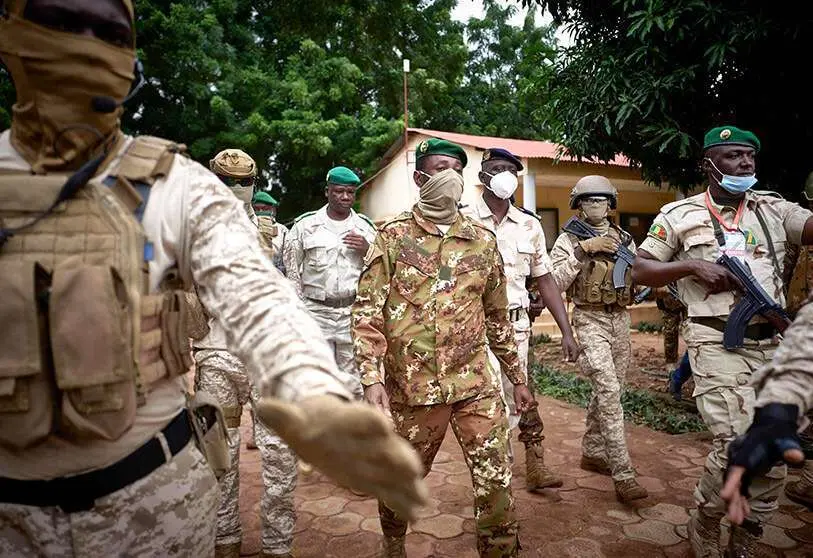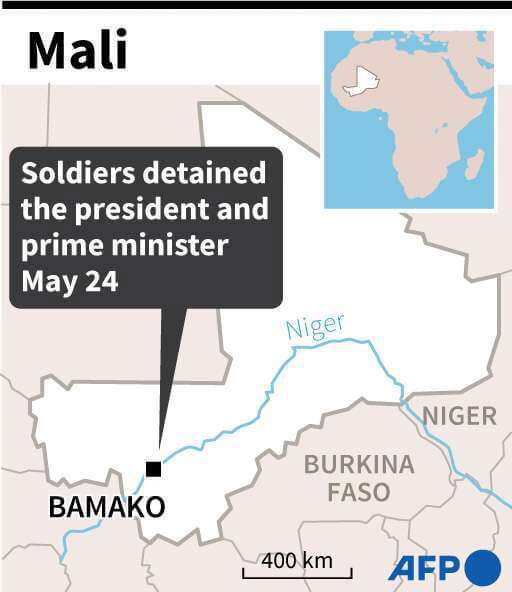Mali bets on a new timetable to return power to civilians

Last Saturday, Mali's ruling junta proposed to the Economic Community of West African States (ECOWAS) the creation of a new timetable, with the aim of returning power to civilians, Chancellor Abdoulaye Diop said.
Initially, the military council demanded a delay of up to five years, which is an incongruous period for ECOWAS, who will hold an extraordinary summit this Sunday in Accra, Ghana's capital.
This comes at a time when new sanctions are quite likely to be imposed on the country.

State television reported that government spokesman Col. Abdoulaye Maiga traveled to Accra on Saturday to present a new plan to Ghana's current president, Nana Akufo-Addo, who also chairs the Economic Community of West African States.
According to the foreign minister, Goodluck Jonathan, mediator for the Economic Community of West African States, who was on a mission to Mali during the week, asked the military junta to reconsider the proposal for a transition that would extend to five years from January 1, 2022.
"The transitional president, Colonel Assimi Goita, who is eager to continue the dialogue and good cooperation with ECOWAS, sent us to meet with the president of Ghana, with a new proposal to present to the Economic Community of West African States, but he did not specify the new period of time for the transition process proposed by the military council," the foreign minister reported on state TV.

Last December 12, a summit was held at which West African leaders called elections for February 27 this year, while maintaining the sanctions they had previously imposed on nearly 150 people, freezing some financial assets and banning travel within the Economic Community of West African States, as well as imposing new economic and financial sanctions.
The situation in Mali has been deteriorating since Colonel Assimi Goita led a coup d'état against the then elected President Ibrahim Boubacar in August 2020.
Moreover, threatening sanctions, Assimi Goita promised that he would restore civilian rule following presidential and legislative elections.
However, Goita led a second coup d'état in May 2021, thus forcing the withdrawal of an interim civilian government.

This political crisis adds to the dangerous security crisis the country has been facing since 2012, along with the emergence of new jihadist insurgent groups in the north of the country, outside government control.
This latest coup d'état is the fifth to hit Mali, the first having emerged just eight years after its independence in 1960, when the first civilian president, Modibo Keita was overthrown by Lieutenant Moussa Traoré.
Since then, there have been four subsequent coups, the second in 1991, another in 2012, and the following in 2020 and 2021, further fragmenting the country's security, especially in rural areas, and leading to the emergence of new armed groups.










